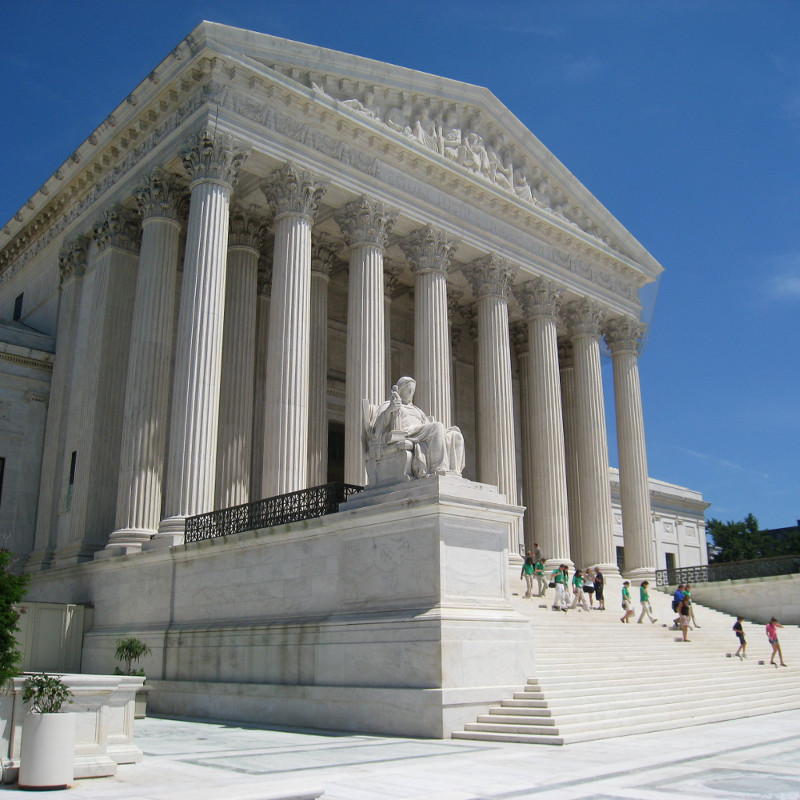ACUS 2.0: Present at the Recreation
Chairman Paul R. Verkuil · 83 Geo. Wash. L. Rev. 1133 · By a variety of circumstances and some good fortune, I seem to have been connected to the Administrative Conference of the United States for much of its fifty-year life. This has given me a distinctive perspective on the Conference’s value, limitations, and prospects for the... Read More
Observations on Hacking into the Computer Fraud and Abuse Act
On November 6, 2015, The George Washington Law Review hosted its annual symposium, this year entitled “Hacking into the Computer Fraud and Abuse Act: The CFAA at 30.” The CFAA is the acronym for 18 U.S.C § 1030, the Computer Fraud and Abuse Act. The CFAA was created thirty years ago to help combat a... Read More
Panel 4: Beyond Authorization: Proposed Changes to the CFAA
Our final panel looked beyond the question of authorization in order to propose reforms to the Computer Fraud and Abuse Act (CFAA) and discuss its broader regulatory consequences. We featured the following distinguished panelists: Orin Kerr, Fred. C. Stevenson Research Professor of Law, The George Washington University Law School; Ric Simmons, Chief Justice Thomas J.... Read More
Panel 3: The Debate Over United States v. Nosal
If any of the panels can be said to have been adversarial in what was a largely congenial symposium, it was surely the third. While this wasn’t entirely unexpected (“debate” was in the title of the panel, after all), the articles that the two panelists’ submitted didn’t represent diametrically opposing views. But, as is all... Read More
Panel 2: What is Unauthorized Access? Part 2
We were delighted to continue our conversation on unauthorized access under the CFAA with three esteemed academics: Patricia Bellia, Professor of Law at Notre Dame Law School, Michael J. Madison, Professor of Law at Pitt Law, and James Grimmelmann, Professor of Law at Maryland Law. Professor Paul Ohm of Georgetown Law, who later shared his... Read More
Panel 1: “What is Unauthorized Access: Part 1”
After the opening remarks by David Bitkower, The George Washington Law Review Symposium’s first Panel addressed the question: “What is Unauthorized Access?” The name of the panel references the language of the Computer Fraud and Abuse Act (CFAA), 18 U.S.C. § 1030(a), which prohibits anyone from “access[ing] a computer without authorization or exceeding authorization.” An... Read More
Observations from the GWLR Administrative Law Panel
The American Bar Association Section of Administrative Law and Regulatory Practice held their annual Administrative Law Conference beginning on October 29, 2015. The George Washington University Law Review (Law Review) hosted one of the opening breakout sessions, the journal’s Annual Review of Administrative Law. This year, the panel was named primarily for the three... Read More
On the Docket’s Preview of November Supreme Court Arguments
What exactly does it take to get your day in court? That’s the question on everyone’s minds during the second month of the Supreme Court’s Fall 2015 Term. The struggle to keep a case in court long enough to reach its merits is emerging as a recurring theme throughout the November arguments. In Monday’s Spokeo,... Read More
On the Docket’s Summary of October Supreme Court Arguments
In the opening month of the Supreme Court’s October 2015 term, there is no question as to the importance of providing a clear direction in criminal justice and procedure for all fifty states to follow. Of the ten arguments heard this month, a full half concern elements of criminal law or procedure — of which four implicate... Read More
Soliciting Submissions for Arguendo
After reorganizing our online team, The George Washington Law Review is proud to announce that our online publication, Arguendo, is once again accepting submissions. To make best use of Arguendo’s new accelerated two-month production schedule, submissions should be topical and should not exceed 8,000 words. Arguendo Essays will be edited for substantial and technical quality, but they will be subject... Read More

